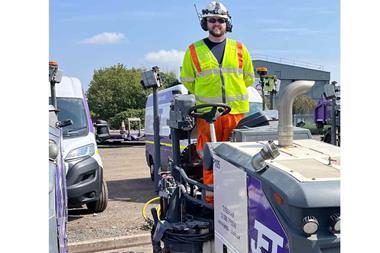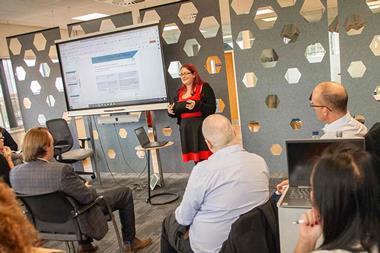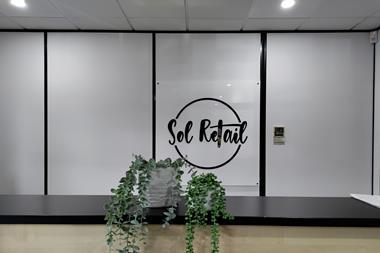As well as caring for the welfare of animals, the RSPCA has embedded employee wellbeing into its benefits strategy. While ensuring that employees’ physical, mental and financial wellbeing are well supported, the organisation also ensures that employees’ pets are considered in its benefits provision.
In this episode of the Employee Benefits podcast, Sarita Coleman, head of reward, explains how her strong belief in offering benefits that are fair and equitable to all employees has formed the basis of the RSPCA’s benefits strategy.
At a glance
The RSPCA began as the SPCA, the Society for the Prevention of Cruelty to Animals, in London in 1824. Queen Victoria became so impressed with the society’s work that she gave permission for it to use the word ‘Royal’ in the organisation’s name. In 1840, it became the Royal Society for the Prevention of Cruelty to Animals.
The RSPCA is governed by a ruling board of trustees comprising up to 12 trustees. It has approximately 150 RSPCA branches, each a separately registered charity operated under the RSPCA Branch Rules.
The RSPCA has 1,800 national staff in a variety of roles including inspectorate, animal centres and specialist wildlife centres, animal hospitals, and head office roles which includes fundraising, animal specialists, education, policy and prevention and other typical support functions such as HR, finance, IT, and so on.
What are the primary business objectives that impact on benefits for the coming year?
- As cases of animal cruelty and neglect are increasing, the RSPCA sees it as critical that its wellbeing offering supports its employees at some of the most challenging times. The society will be working with its new wellbeing champions to share this offering.
- There is also a large focus on environmental, social and governance (ESG) and how the society can reduce its carbon footprint; the society will be looking at benefits that compliment this such as electric vehicles, lift sharing, and so on.
Career history

Before Sarita Coleman joined the RSPCA in June 2022, she held several roles at the Institute of Cancer Research spanning 16 years. This included HR information advisor, HR project manager and then head of reward and information.
Coleman explains how she is proud of how she has transformed reward at the RSPCA: “When I started, pay was not transparent and colleagues had no idea what job family they were in or what the pay ranges were. I was determined to change this and have worked hard with my team and our union to become transparent about how our pay structure works.
“I’m also incredibly proud of how I have developed my team members over the years. I get a real buzz seeing my team learn new skills and grow their enthusiasm for reward so it’s great when they go on to better things; although it’s always sad to see people leave.”




















